
CURATORS E MODERATORS
Every year internationally renowned curators are invited to design an exclusive program for FUSO. Each curator is responsible for one of the screening sessions of the festival, and presents a selection of works chosen according to a proposed theme.
In addition to the curators, prominent people from the cultural area are also invited to promote a debate around video art and mediate a conversation with the curator before each session, in order to enrich the public’s knowledge.
The daily interaction of curators and artists during the festival week provides for the meeting and establishment of numerous partnerships, generating a network of connections and collaborations.
Jean-François Chougnet (France) is the artistic director of FUSO and has dedicated his career to cultural policies. He was Managing Director of Villette, Paris (2001-2006). In 2005, he was the General Commissioner of the Year of Brazil in France. He directed the Berardo Foundation in Lisbon from 2007 to 2011. In 2011, Jean-François Chougnet became CEO of Marseille-Provence Capital of European Culture 2013. From 2014 to 2022 he was president of the Musée des Civilizations de l’Europe et de la Méditerranée (Mucem), in Marseille, France. Jean-François Chougnet is a curator and consultant on museum projects and director of the « Lille 3000 » festival.
Greg de Cuir Jr is an independent curator, writer, lecturer and translator. He has organised programs for Whitney Museum of American Art in New York, Institute of Contemporary Arts in London, Hauser & Wirth in New York, Frieze in London, National Gallery of Art in Washington DC, Anthology Film Archives in New York, Metrograph in New York, e-flux in New York, 7th Biennale de Lubumbashi, EYE Filmmuseum in Amsterdam, Locarno Film Festival and others. His writing has been published in CURA., MUBI Notebook, Cineaste, Millennium Film Journal and numerous anthologies and catalogs. He has lectured at Universität Basel, Birkbeck, University of London, Universität Zürich, Goldsmiths, University of London, Universität Mainz, University of Chicago, Hochschule der Künste Bern, Gerrit Rietveld Academy, Stanford University, Bard College, École cantonale d’art de Lausanne and others. De Cuir is co-founder + artistic director of Kinopravda Institute in Belgrade.
ph: © Stefan Djakovie
Claire Shea is a curator based in Toronto. She is co-curator of Walk&Talk — Bienal de Artes, September — November 2025, in São Miguel (Azores, Portugal). From 2022 to 2024, she was the Director of Fogo Island Arts, where she oversaw new exhibitions and programs, including ‘Meltwater,’ the Labrador Current Foodways residency and Liam Gillick’s ‘A Variability Quantifier.’ From 2017 to 2021, she was Deputy Director at Para Site, Hong Kong’s leading contemporary art center and one of Asia’s oldest and most active independent art institutions, where she co-curated the major group exhibition ‘An Opera for Animals,’ which toured Rockbund Art Museum in 2019.
From 2008 to 2016, she was Curatorial Director at Cass Sculpture Foundation, where she curated ‘A Beautiful Disorder,’ the UK’s first major exhibition of outdoor sculpture by contemporary artists from Greater China. In 2014, she was Associate Curator for the 8th Shenzhen Sculpture Biennial, ‘We Have Never Participated.’ Most recently, she was the managing editor of a new publication from Para Site, Sternberg, & MIT Press entitled ‘What to Let Go?’ (2024).
ph: © Sara Bodri
Fatima Bintou Rassoul SY is a Dakar-based curator and cultural practitioner. She currently serves as Director of Programs at RAW Material Company, where she develops transdisciplinary projects that foster artistic and intellectual creativity in Africa. Her curatorial work spans exhibitions, associated discursive programs, non-educational programs, and international collaborations. With a deep interest in archives and Black geographies, Fatima explores how communities express untold stories, creating spaces that preserve collective memory and foster connections. She holds a degree from Paris 1 (Panthéon-Sorbonne) University and has contributed to various cultural publications. She is co-curator of Walk&Talk — Bienal de Artes, September — November 2025, in São Miguel (Azores, Portugal).
ph: © Kerry Etok Viderot
Jesse James (Vancouver, 1987) is a curator and cultural programmer known for promoting contemporary art and culture in the Azores. As the founder and artistic director of the Walk&Talk Biennial and the cultural space vaga, both projects of Anda&Fala — a multidisciplinary organization he co-founded in 2011 — he has developed a platform for experimental artistic practices that engage with the local ecosystem and foster global dialogues. His curatorial work explores themes and relationships rooted in the periphery, autonomy, and cooperation, aiming to experiment with collective and communal movements. James also collaborates on various independent projects: he is the co-founder and artistic director of the Fabric Arts Festival (Fall River, USA); a founding member of MOVA — Movement for Art and Culture in the Azores; and has curated several exhibitions, while also collaborating in the strategic management of projects, artists, and cultural organizations. He lives and works between Ponta Delgada and Lisbon.
ph: © Mariana Lopes
Liliana Coutinho (Lisbon, 1977) is a Debates and Conferences programmer at Culturgest — Caixa Geral de Depósitos Foundation and an Integrated Researcher at IHC — NOVA FCSH / IN2PAST. She is co-curator of Walk&Talk - Bienal de Artes, September — November 2025, in São Miguel (Azores, Portugal).She was part of the curatorial team for the INDEX / Braga Media Arts Biennials of Art and Technology, in 2022 and 2024.She was assistant director and curator of thematic cycles at Teatro Maria Matos between 2015 and 2017.Between 2013 and 2015, she was responsible for the Education Service at the Serralves Museum of Contemporary Art.As a researcher and curator, she has collaborated with CAM - Calouste Gulbenkian Foundation, M.A.C. Serralves, Le Plateau (Paris), Artistas Unidos and Atelier Re.Al.She was part of the editorial team for Close-Up, Orfeu Negro, 2022, by Ana Borralho & João Galante.
She co-edited the book Paisagens Imprevistas (2020), dedicated to the 10th anniversary of the Materiais Diversos Festival. Published, among others, “Empatia: Reflexões sobre uma possível correlação humano-artificial”, in Arte digital, Academia, Museu ZeRo, Museu ZerO and I2ADS UP, 2024; “O delicado fio do comum”, in André Guedes, Ensaios para uma antológica, Kunsthalle Lissabon and Cura Books, 2016; “L’objet: ni un fétiche ni une preuve, mais un don pour la performance”, in Performance Vie d’Archive, Les presses du réel, 2014; ‘O Coro, outra vez’, in Anne Teresa de Keersmaeker em Lisboa, INCM, 2013; On the utility of a universal’s fiction, in Gimme Shelter: Global Discourses In Aesthetics. Amsterdam University Press, 2013; “Hearing our pathway — A Sensuous Walk”, in Mobility and Fantasy in Visual Culture, London: Routledge, 2013. She has participated in scientific committees, published articles and given lectures in Portugal and abroad. She holds a PhD in Aesthetics and Art Sciences from the University of Paris 1 — Pantheon Sorbonne. She was a guest lecturer at the Postgraduate Program in Art Curatorship at FCSH/UNL and is a guest assistant lecturer at the Faculty of Arts and Letters at the University of Beira Interior.
Manuela Marques was born in Portugal and lives in Paris. She is represented by the Anne Barrault Gallery in Paris and Rui Freire-Fine Art in Lisbon. In 2011 she won the BESPHOTO Photography Prize and her work is represented in various national and international public and private collections.
Manuela Marques has exhibited regularly at international level. In France, among exhibitions at various institutions stand out: André Malraux Museum, Le Havre (2022), Domaine de Kerguéhennec Art Centre (2022), Lodève Museum (2019), Cyel Art Centre in La Roche-sur-Yon (2019), FRAC Auvergne and FRAC Normandie. Her work has also been exhibited at the SAMOCA Museum in Riyadh, Saudi Arabia (2024) and in Portugal in the following exhibitions: Echoes of Nature at the Museu Nacional de Arte Contemporânea, Lisbon (2022-2023), Weather Station at the Arquipélago - Centro de Artes Contemporâneas, Azores (2019), La face cachée du soleil at the Fundação Calouste Gulbenkian (2017), Temporada at Appleton Square, Lisbon (2011) and She is a Femme Fatale, at the Museu Coleção Berardo (2009). In Brazil, she has exhibited individually at the Pinacoteca de São Paulo (2011) and has taken part in several group exhibitions at the Museum of Contemporary Art in Niterói and the Museum of Modern Art in Brasilia.
Marques has published several photo books, including PH 13, Imprensa Nacional, Portugal, Echoes of nature, Loco Éditions, (2022), Et le bleu du ciel dans l’ombre, Loco Éditions (2019), La taille de ce vent est un triangle dans l’eau, Loco Édition (2014), Still Nox, Marval Edition(2008).
Lori Zippay is a New York-based curator, writer, and consultant who has long been active in media art exhibition, distribution, education, and preservation. From 1985 to 2019 she served as Executive Director of Electronic Arts Intermix (EAI), a nonprofit organization that is an international resource for media art, and she is now Director Emerita. During her tenure at EAI she developed its archive of over 4,000 media artworks, initiated its pioneering video preservation program, inaugurated and co-authored its online publications and digital resources, and established long-range artistic programs. She has curated numerous media-based exhibitions and video screening programs, including the survey Circa 1971: Early Film & Video from the EAI Archive for Dia: Beacon in 2012. She has lectured at institutions and presented at conferences internationally, including at The Museum of Modern Art, New York; Tate Modern, London; and Centre Georges Pompidou, Paris. She has developed and consulted on numerous curatorial, preservation, and educational projects with emerging and established artists at venues such as Yale University. She has written extensively on media and video art for international exhibitions and publications, including essays on the work of Joan Jonas, Shigeko Kubota, Nancy Holt and other artists. Since 2013 she has served as in-house curator at FUSO, Portugal.
Rachel Korman is curatorial and general coordinator at FUSO - International Video Art Festival, in Lisbon and artistic Diretor at FUSO Insular – Video Art Festival, in Azores.
Brazilian of Polish origin, lives and works in São Miguel island, Azores.
She is graduated in Social Communication (PUC-MG), with a degree in arts from Parque Lage School of Visual Arts, Rio de Janeiro. In 2007 she moved to Lisbon, Portugal where she attended the Advanced Photography Course at Ar.Co and the Independent Study Program on Contemporary Art at Maumaus.
Cofounded with Paulo Reis (in memory), Carpe Diem Art & Research, a center for residencies, exhibitions and investigation in contemporary art and collaborated with Hangar - Center for Research and Art as communication Diretor and manager of artistic residencies.
ph: © Alpíio Padilha
Isabel Nogueira (b. 1974) holds a PhD in Fine Arts, specialization in Art Sciences (University of Lisbon) and a post-doctorate in History and Theory of Contemporary Art and Image Theory (Université Paris 1-Panthéon Sorbonne). She is a contemporary art historian and critic, teacher and essayist. She is a professor at the National Society of Fine Arts, integrated researcher at CIEBA / Faculty of Fine Arts / University of Lisbon, member of the International Association of Art Critics (AICA). She is an art critic for the magazine Contemporânea and a contributor to the magazine Recherches en Esthétique. She is editor/Diretor of the academic journal Arte e Cultura Visual (CIEBA / Faculty of Fine Arts / University of Lisbon). Recent books: Theories of art: from modernism to the present (BookBuilders, 2019, 2nd ed. 2020); Zona de Rebentação (BookBuilders, 2020); How can ‘this’ be art? Brief essay on art criticism and judgment of taste (Húmus, 2020); History of art in Portugal: from Marcelismo to the end of the 20th century (BookBuilders, 2021); Art Criticism or the Space Between the Work and the World: Chosen Criticism (Húmus, 2021); Histoire de l’art au Portugal, 1968-2000 (Éditions de l’Harmattan, 2022).
Cristiana Tejo co-run NowHere, an experimental initiative for research and practices in Contemporary Art in Lisbon, and curator of the residency programs at Hangar – Center for Artistic Research. She is a researcher at the Institute of Art History at Universidade Nova de Lisboa. She co-curated the exhibitions É bonita a festa, pá! at the Bienal de Cerveira (2024) and Flecha – Mercedes Lachmann at the International Museum of Contemporary Sculpture in Santo Tirso (2023). She was part of the curatorial team for the Panorama da Arte Brasileira 2022 at the Museum of Modern Art of São Paulo. She curated the exhibition João Câmara: Nota Nova – Ecos de 1967 at Galeria Marco Zero in Recife (2022). She also curated R-humor – Catarina Simão at Galeria Avenida da Índia (2020) and co-curated La Piedra Pregunta, la Tierra Responde at Casa do Brasil in Madrid. Previously, she was the coordinator of public programs (2009-2011) and curator of visual arts (2002-2006) at Fundação Joaquim Nabuco in Recife. She served as the Director of the Aloísio Magalhães Museum of Modern Art (2007-2009), Curator of Rumos Artes Visuais at Itaú Cultural (2005-2006), Curator at Torre Malakoff (2003-2006), and Curator of the 46th Pernambuco Visual Arts Salon (2004-2005). She also curated the Special Room for Paulo Bruscky at the 10th Havana Biennial. She is the author of Paulo Bruscky – Arte em todos os sentidos (2009) and co-organized the Visual Artist’s Guide – Insertion and Internationalization, published by the Brazilian Ministry of Culture in partnership with UNESCO (2018).
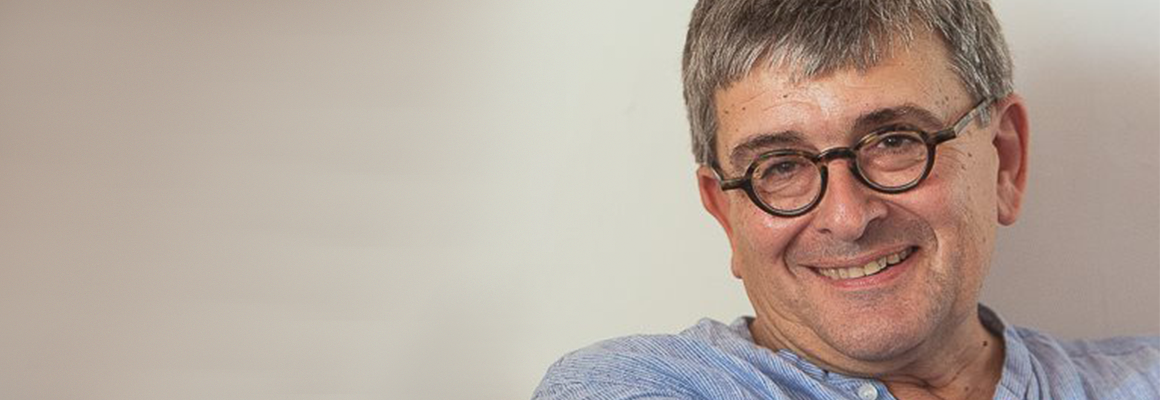
Jean-François Chougnet
Jean-François Chougnet (France) is the artistic director of FUSO and has dedicated his career to cultural policies. He was Managing Director of Villette, Paris (2001-2006). In 2005, he was the General Commissioner of the Year of Brazil in France. He directed the Berardo Foundation in Lisbon from 2007 to 2011. In 2011, Jean-François Chougnet became CEO of Marseille-Provence Capital of European Culture 2013. From 2014 to 2022 he was president of the Musée des Civilizations de l’Europe et de la Méditerranée (Mucem), in Marseille, France. Jean-François Chougnet is a curator and consultant on museum projects and director of the « Lille 3000 » festival.
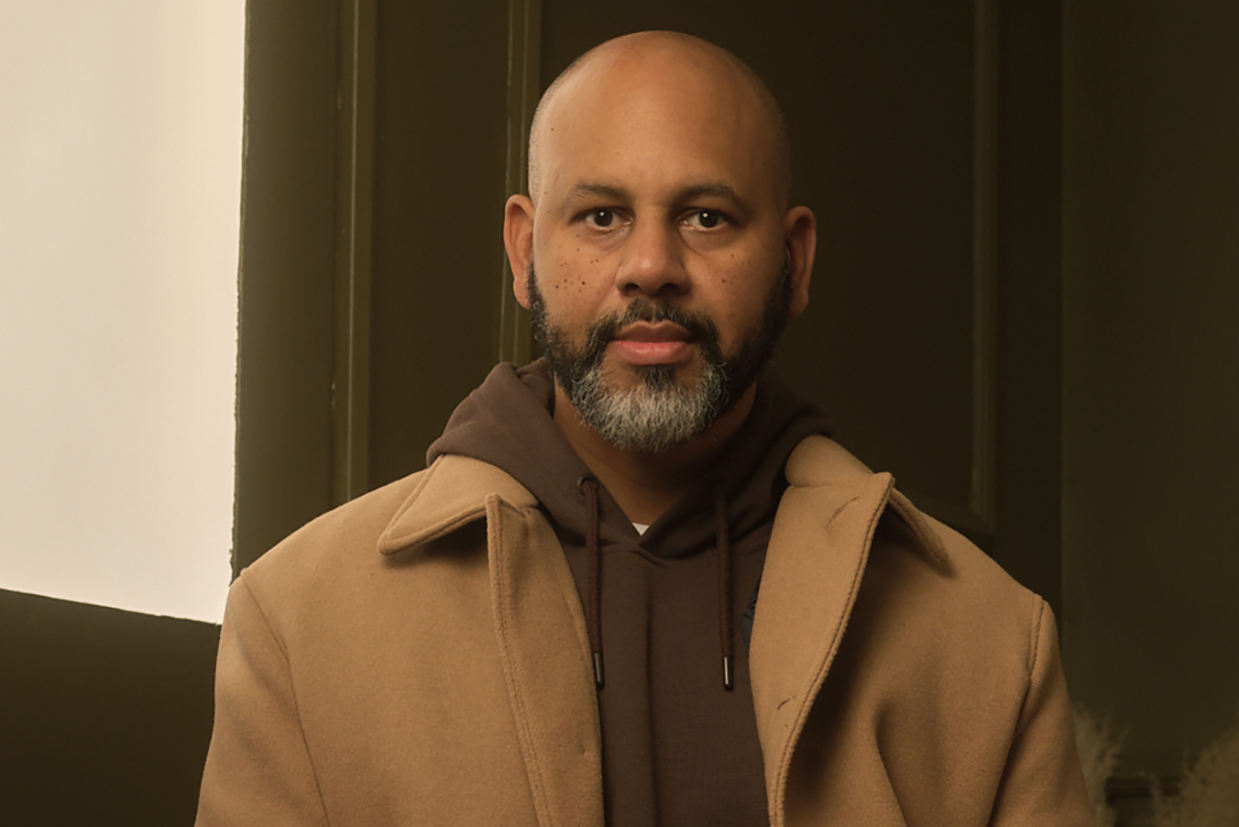
Greg de Cuir Jr
Greg de Cuir Jr is an independent curator, writer, lecturer and translator. He has organised programs for Whitney Museum of American Art in New York, Institute of Contemporary Arts in London, Hauser & Wirth in New York, Frieze in London, National Gallery of Art in Washington DC, Anthology Film Archives in New York, Metrograph in New York, e-flux in New York, 7th Biennale de Lubumbashi, EYE Filmmuseum in Amsterdam, Locarno Film Festival and others. His writing has been published in CURA., MUBI Notebook, Cineaste, Millennium Film Journal and numerous anthologies and catalogs. He has lectured at Universität Basel, Birkbeck, University of London, Universität Zürich, Goldsmiths, University of London, Universität Mainz, University of Chicago, Hochschule der Künste Bern, Gerrit Rietveld Academy, Stanford University, Bard College, École cantonale d’art de Lausanne and others. De Cuir is co-founder + artistic director of Kinopravda Institute in Belgrade.
ph: © Stefan Djakovie
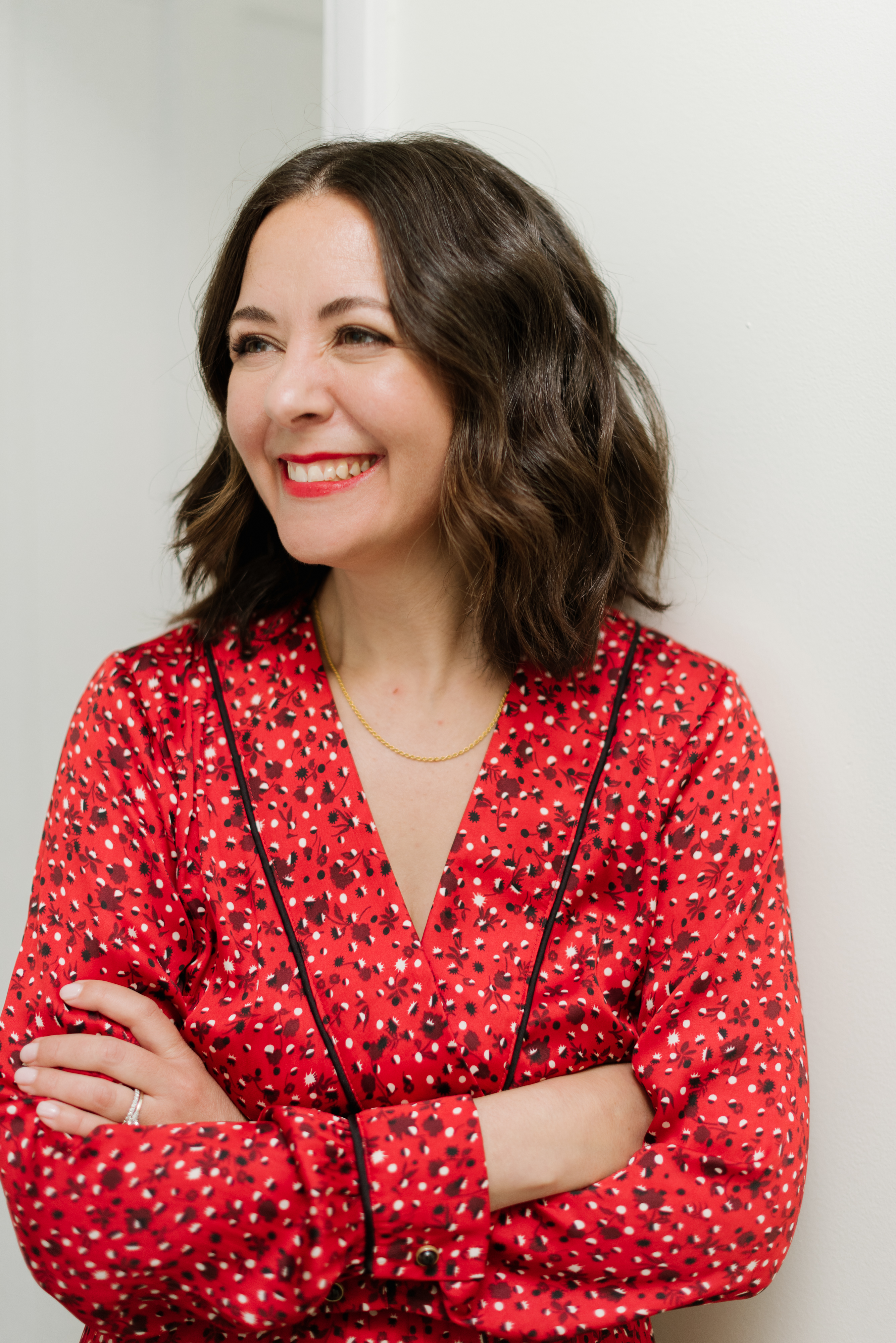
Claire Shea
Claire Shea is a curator based in Toronto. She is co-curator of Walk&Talk — Bienal de Artes, September — November 2025, in São Miguel (Azores, Portugal). From 2022 to 2024, she was the Director of Fogo Island Arts, where she oversaw new exhibitions and programs, including ‘Meltwater,’ the Labrador Current Foodways residency and Liam Gillick’s ‘A Variability Quantifier.’ From 2017 to 2021, she was Deputy Director at Para Site, Hong Kong’s leading contemporary art center and one of Asia’s oldest and most active independent art institutions, where she co-curated the major group exhibition ‘An Opera for Animals,’ which toured Rockbund Art Museum in 2019.
From 2008 to 2016, she was Curatorial Director at Cass Sculpture Foundation, where she curated ‘A Beautiful Disorder,’ the UK’s first major exhibition of outdoor sculpture by contemporary artists from Greater China. In 2014, she was Associate Curator for the 8th Shenzhen Sculpture Biennial, ‘We Have Never Participated.’ Most recently, she was the managing editor of a new publication from Para Site, Sternberg, & MIT Press entitled ‘What to Let Go?’ (2024).
ph: © Sara Bodri
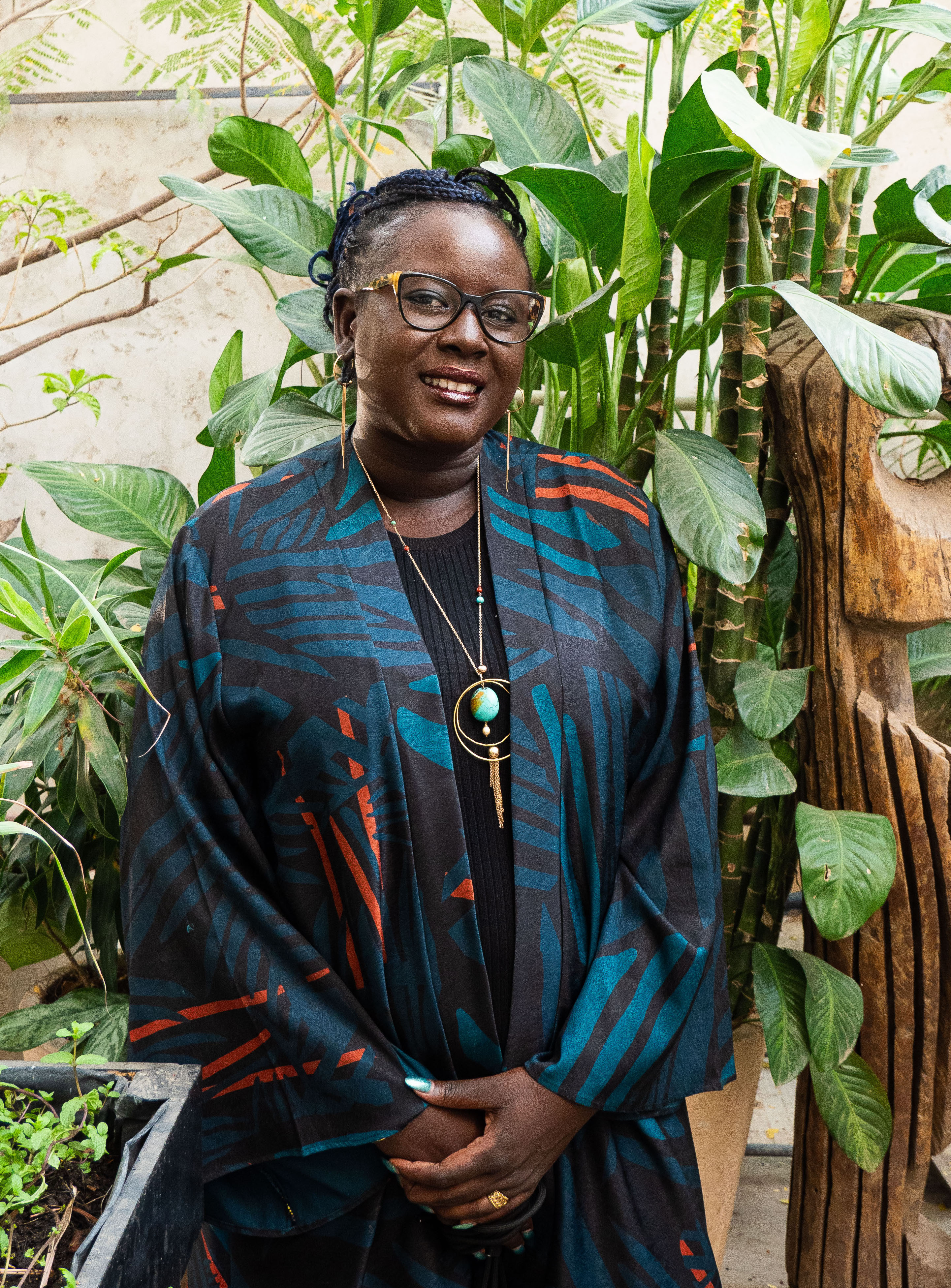
Fatima Bintou Rassoul SY
Fatima Bintou Rassoul SY is a Dakar-based curator and cultural practitioner. She currently serves as Director of Programs at RAW Material Company, where she develops transdisciplinary projects that foster artistic and intellectual creativity in Africa. Her curatorial work spans exhibitions, associated discursive programs, non-educational programs, and international collaborations. With a deep interest in archives and Black geographies, Fatima explores how communities express untold stories, creating spaces that preserve collective memory and foster connections. She holds a degree from Paris 1 (Panthéon-Sorbonne) University and has contributed to various cultural publications. She is co-curator of Walk&Talk — Bienal de Artes, September — November 2025, in São Miguel (Azores, Portugal).
ph: © Kerry Etok Viderot
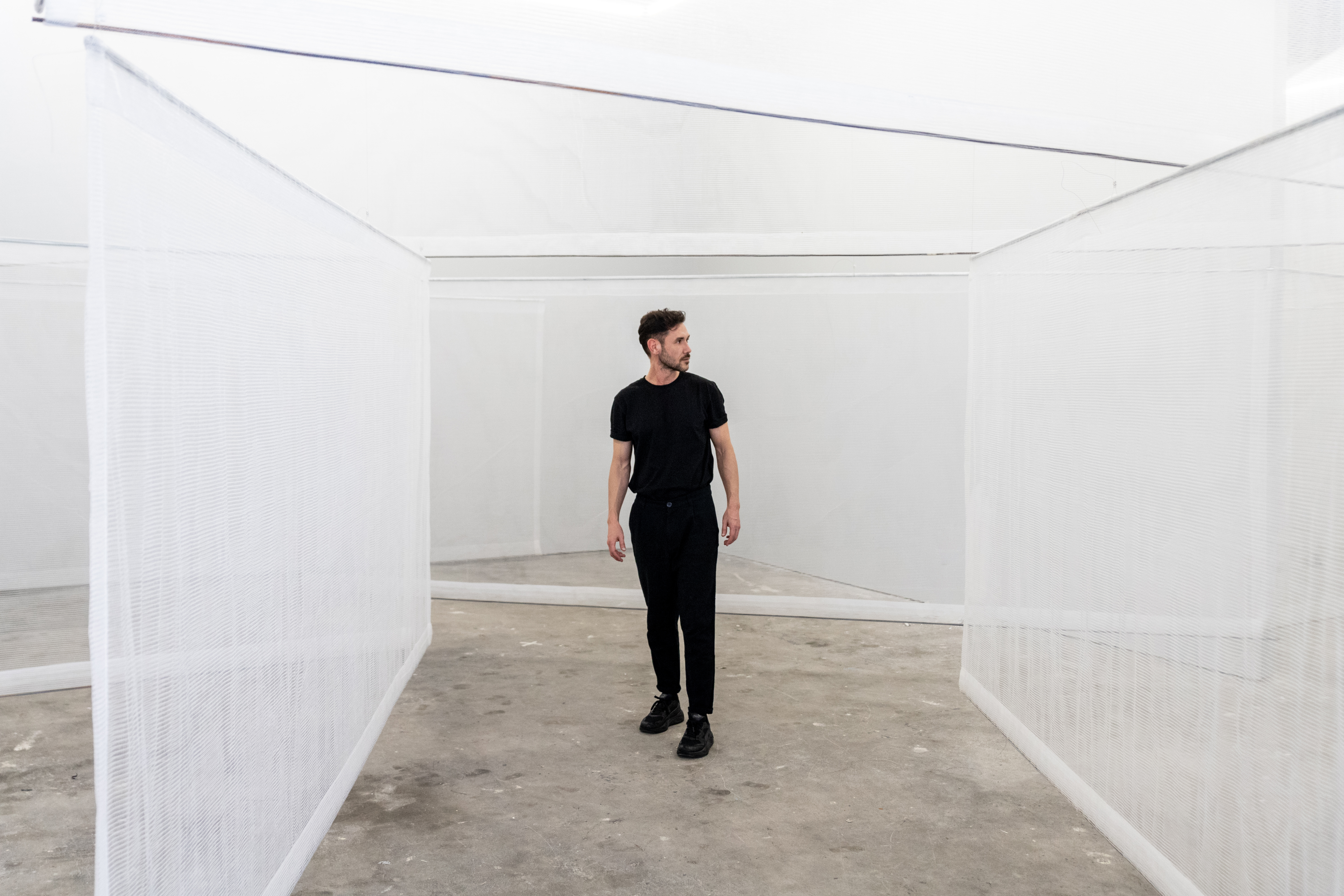
Jesse James
Jesse James (Vancouver, 1987) is a curator and cultural programmer known for promoting contemporary art and culture in the Azores. As the founder and artistic director of the Walk&Talk Biennial and the cultural space vaga, both projects of Anda&Fala — a multidisciplinary organization he co-founded in 2011 — he has developed a platform for experimental artistic practices that engage with the local ecosystem and foster global dialogues. His curatorial work explores themes and relationships rooted in the periphery, autonomy, and cooperation, aiming to experiment with collective and communal movements. James also collaborates on various independent projects: he is the co-founder and artistic director of the Fabric Arts Festival (Fall River, USA); a founding member of MOVA — Movement for Art and Culture in the Azores; and has curated several exhibitions, while also collaborating in the strategic management of projects, artists, and cultural organizations. He lives and works between Ponta Delgada and Lisbon.
ph: © Mariana Lopes
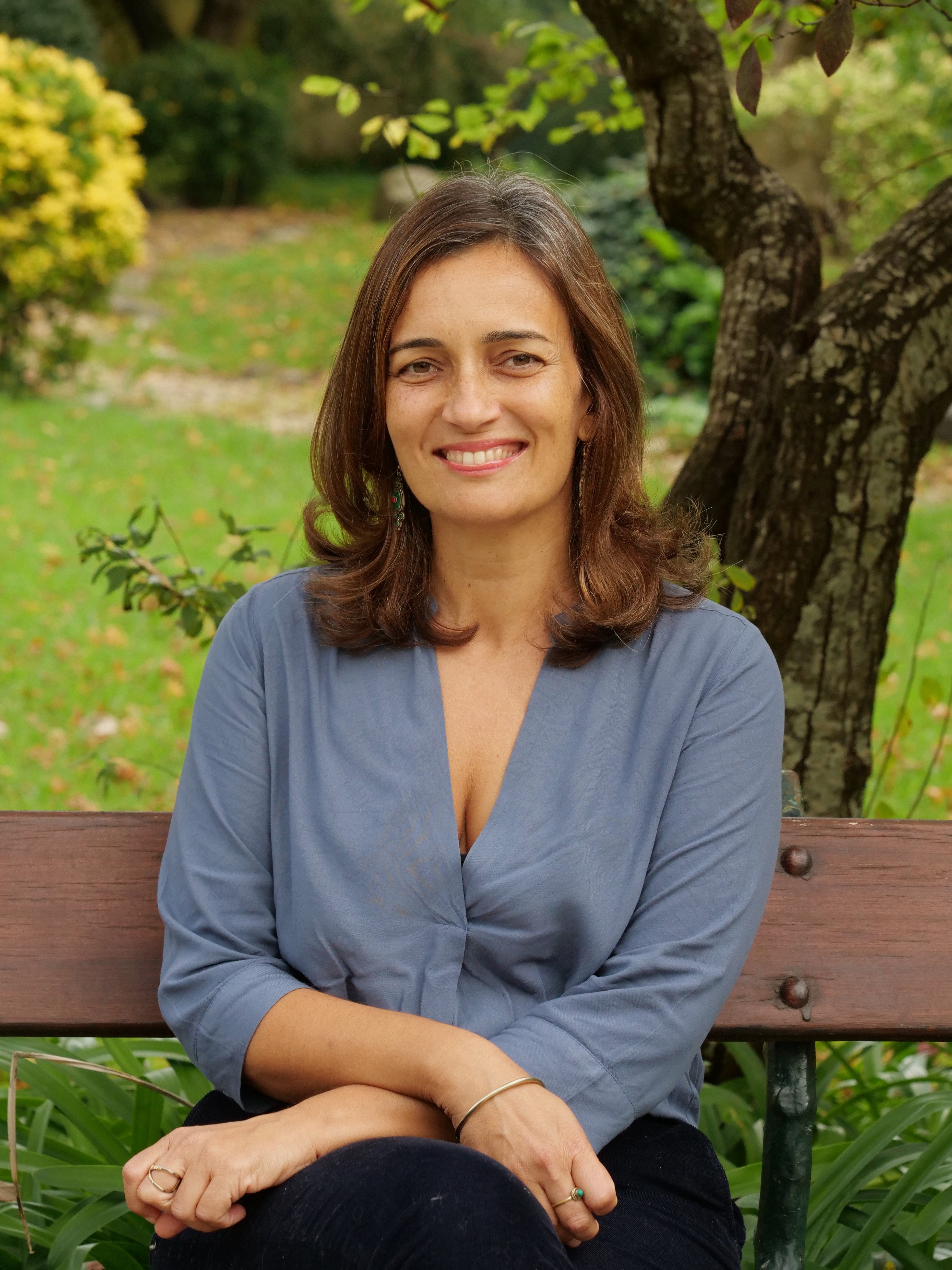
Liliana Coutinho
Liliana Coutinho (Lisbon, 1977) is a Debates and Conferences programmer at Culturgest — Caixa Geral de Depósitos Foundation and an Integrated Researcher at IHC — NOVA FCSH / IN2PAST. She is co-curator of Walk&Talk - Bienal de Artes, September — November 2025, in São Miguel (Azores, Portugal).She was part of the curatorial team for the INDEX / Braga Media Arts Biennials of Art and Technology, in 2022 and 2024.She was assistant director and curator of thematic cycles at Teatro Maria Matos between 2015 and 2017.Between 2013 and 2015, she was responsible for the Education Service at the Serralves Museum of Contemporary Art.As a researcher and curator, she has collaborated with CAM - Calouste Gulbenkian Foundation, M.A.C. Serralves, Le Plateau (Paris), Artistas Unidos and Atelier Re.Al.She was part of the editorial team for Close-Up, Orfeu Negro, 2022, by Ana Borralho & João Galante.
She co-edited the book Paisagens Imprevistas (2020), dedicated to the 10th anniversary of the Materiais Diversos Festival. Published, among others, “Empatia: Reflexões sobre uma possível correlação humano-artificial”, in Arte digital, Academia, Museu ZeRo, Museu ZerO and I2ADS UP, 2024; “O delicado fio do comum”, in André Guedes, Ensaios para uma antológica, Kunsthalle Lissabon and Cura Books, 2016; “L’objet: ni un fétiche ni une preuve, mais un don pour la performance”, in Performance Vie d’Archive, Les presses du réel, 2014; ‘O Coro, outra vez’, in Anne Teresa de Keersmaeker em Lisboa, INCM, 2013; On the utility of a universal’s fiction, in Gimme Shelter: Global Discourses In Aesthetics. Amsterdam University Press, 2013; “Hearing our pathway — A Sensuous Walk”, in Mobility and Fantasy in Visual Culture, London: Routledge, 2013. She has participated in scientific committees, published articles and given lectures in Portugal and abroad. She holds a PhD in Aesthetics and Art Sciences from the University of Paris 1 — Pantheon Sorbonne. She was a guest lecturer at the Postgraduate Program in Art Curatorship at FCSH/UNL and is a guest assistant lecturer at the Faculty of Arts and Letters at the University of Beira Interior.
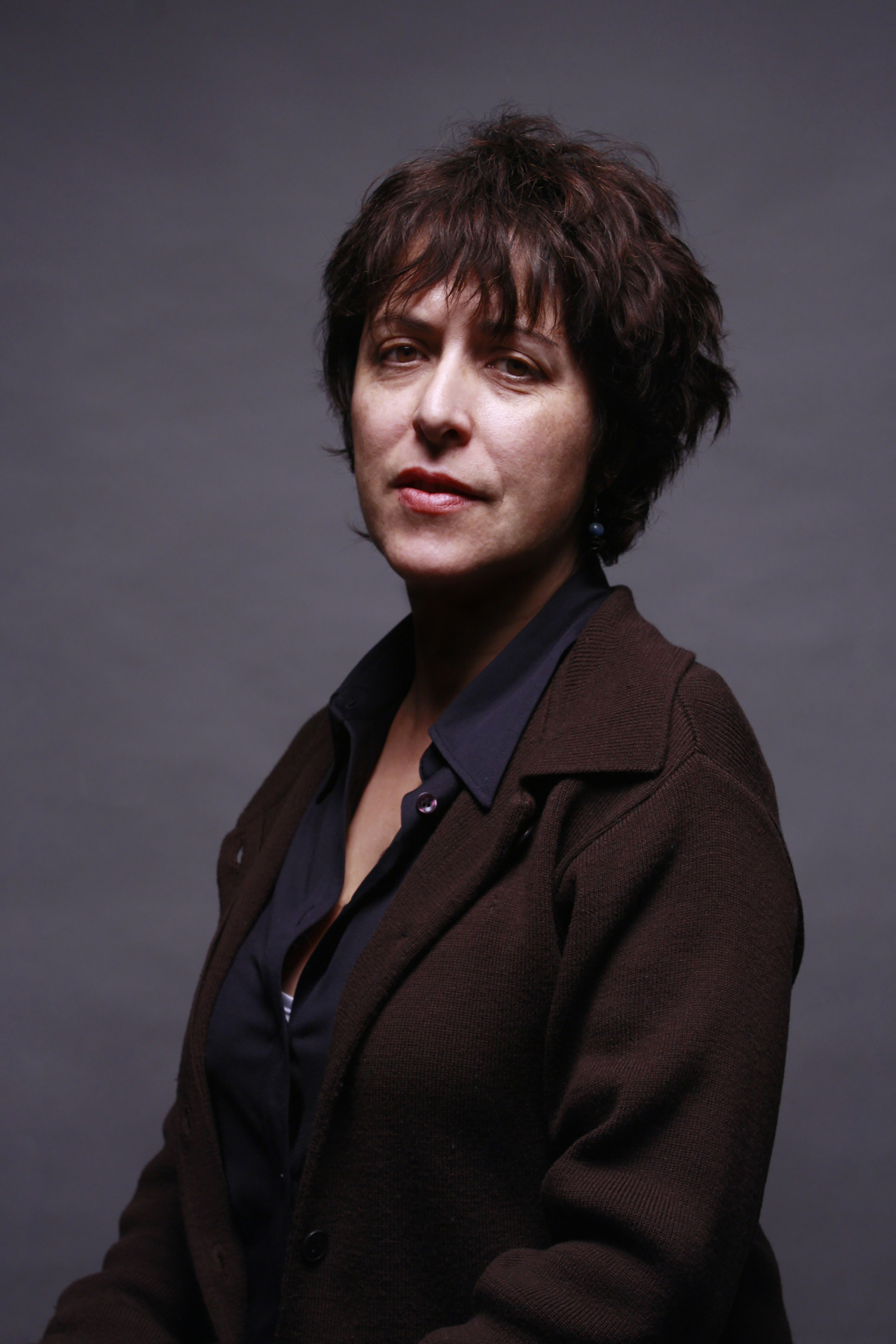
Manuela Marques
Manuela Marques was born in Portugal and lives in Paris. She is represented by the Anne Barrault Gallery in Paris and Rui Freire-Fine Art in Lisbon. In 2011 she won the BESPHOTO Photography Prize and her work is represented in various national and international public and private collections.
Manuela Marques has exhibited regularly at international level. In France, among exhibitions at various institutions stand out: André Malraux Museum, Le Havre (2022), Domaine de Kerguéhennec Art Centre (2022), Lodève Museum (2019), Cyel Art Centre in La Roche-sur-Yon (2019), FRAC Auvergne and FRAC Normandie. Her work has also been exhibited at the SAMOCA Museum in Riyadh, Saudi Arabia (2024) and in Portugal in the following exhibitions: Echoes of Nature at the Museu Nacional de Arte Contemporânea, Lisbon (2022-2023), Weather Station at the Arquipélago - Centro de Artes Contemporâneas, Azores (2019), La face cachée du soleil at the Fundação Calouste Gulbenkian (2017), Temporada at Appleton Square, Lisbon (2011) and She is a Femme Fatale, at the Museu Coleção Berardo (2009). In Brazil, she has exhibited individually at the Pinacoteca de São Paulo (2011) and has taken part in several group exhibitions at the Museum of Contemporary Art in Niterói and the Museum of Modern Art in Brasilia.
Marques has published several photo books, including PH 13, Imprensa Nacional, Portugal, Echoes of nature, Loco Éditions, (2022), Et le bleu du ciel dans l’ombre, Loco Éditions (2019), La taille de ce vent est un triangle dans l’eau, Loco Édition (2014), Still Nox, Marval Edition(2008).
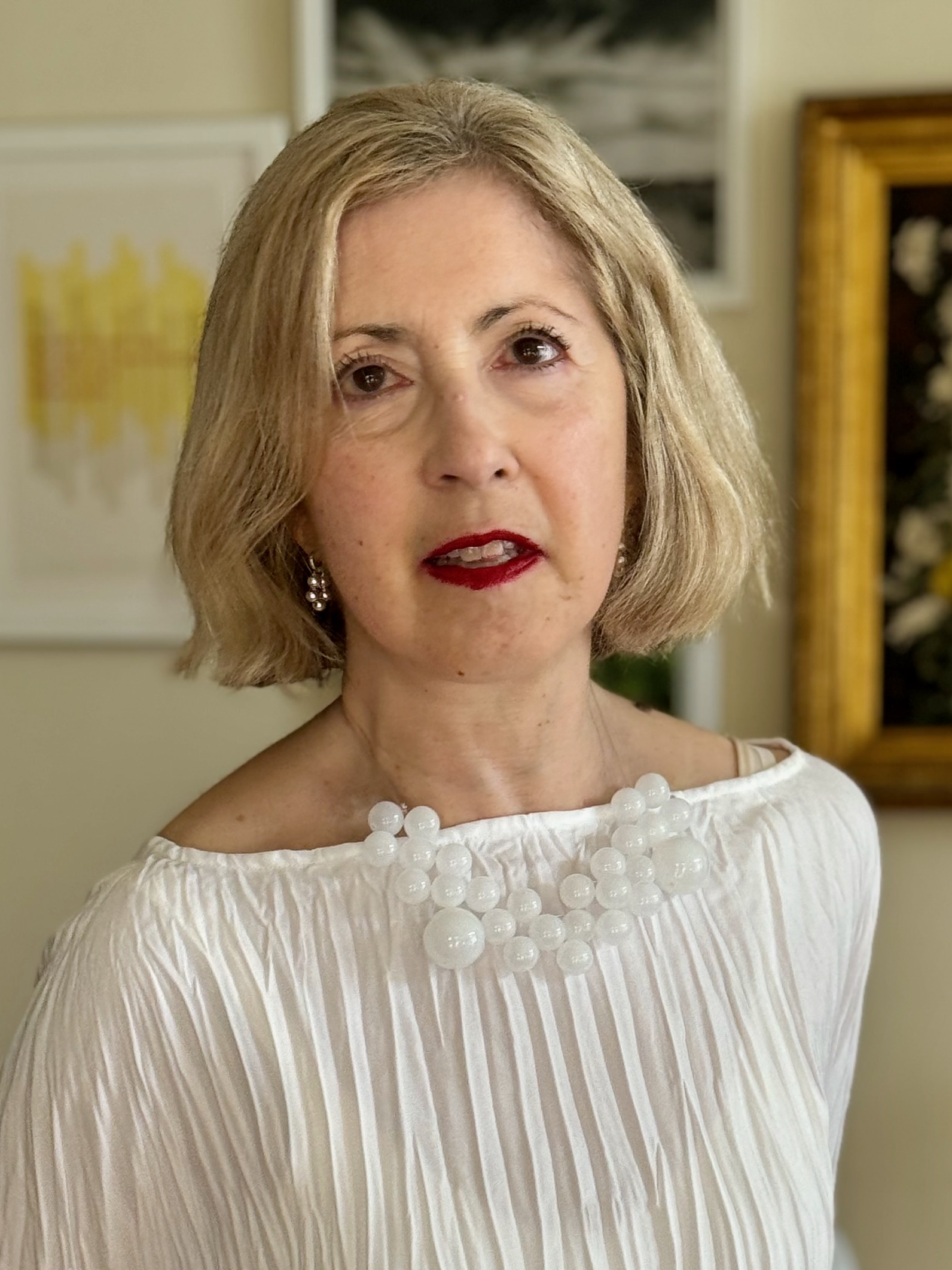
Lori Zippay
Lori Zippay is a New York-based curator, writer, and consultant who has long been active in media art exhibition, distribution, education, and preservation. From 1985 to 2019 she served as Executive Director of Electronic Arts Intermix (EAI), a nonprofit organization that is an international resource for media art, and she is now Director Emerita. During her tenure at EAI she developed its archive of over 4,000 media artworks, initiated its pioneering video preservation program, inaugurated and co-authored its online publications and digital resources, and established long-range artistic programs. She has curated numerous media-based exhibitions and video screening programs, including the survey Circa 1971: Early Film & Video from the EAI Archive for Dia: Beacon in 2012. She has lectured at institutions and presented at conferences internationally, including at The Museum of Modern Art, New York; Tate Modern, London; and Centre Georges Pompidou, Paris. She has developed and consulted on numerous curatorial, preservation, and educational projects with emerging and established artists at venues such as Yale University. She has written extensively on media and video art for international exhibitions and publications, including essays on the work of Joan Jonas, Shigeko Kubota, Nancy Holt and other artists. Since 2013 she has served as in-house curator at FUSO, Portugal.
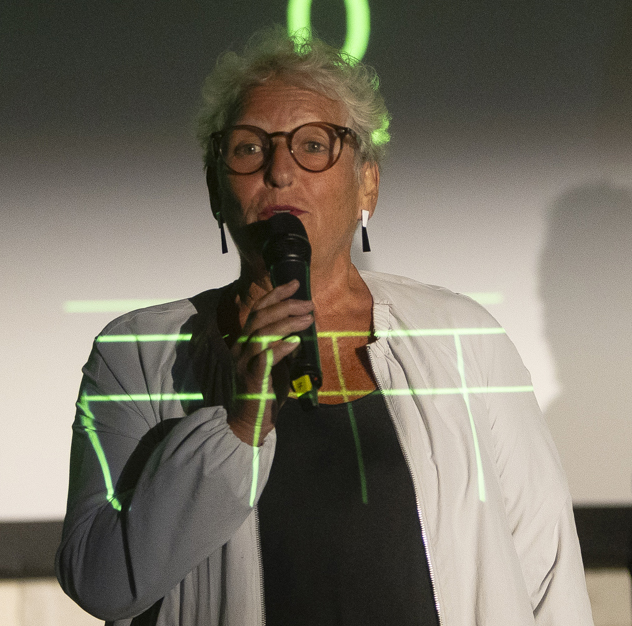
Rachel Korman
Rachel Korman is curatorial and general coordinator at FUSO - International Video Art Festival, in Lisbon and artistic Diretor at FUSO Insular – Video Art Festival, in Azores.
Brazilian of Polish origin, lives and works in São Miguel island, Azores.
She is graduated in Social Communication (PUC-MG), with a degree in arts from Parque Lage School of Visual Arts, Rio de Janeiro. In 2007 she moved to Lisbon, Portugal where she attended the Advanced Photography Course at Ar.Co and the Independent Study Program on Contemporary Art at Maumaus.
Cofounded with Paulo Reis (in memory), Carpe Diem Art & Research, a center for residencies, exhibitions and investigation in contemporary art and collaborated with Hangar - Center for Research and Art as communication Diretor and manager of artistic residencies.
ph: © Alpíio Padilha
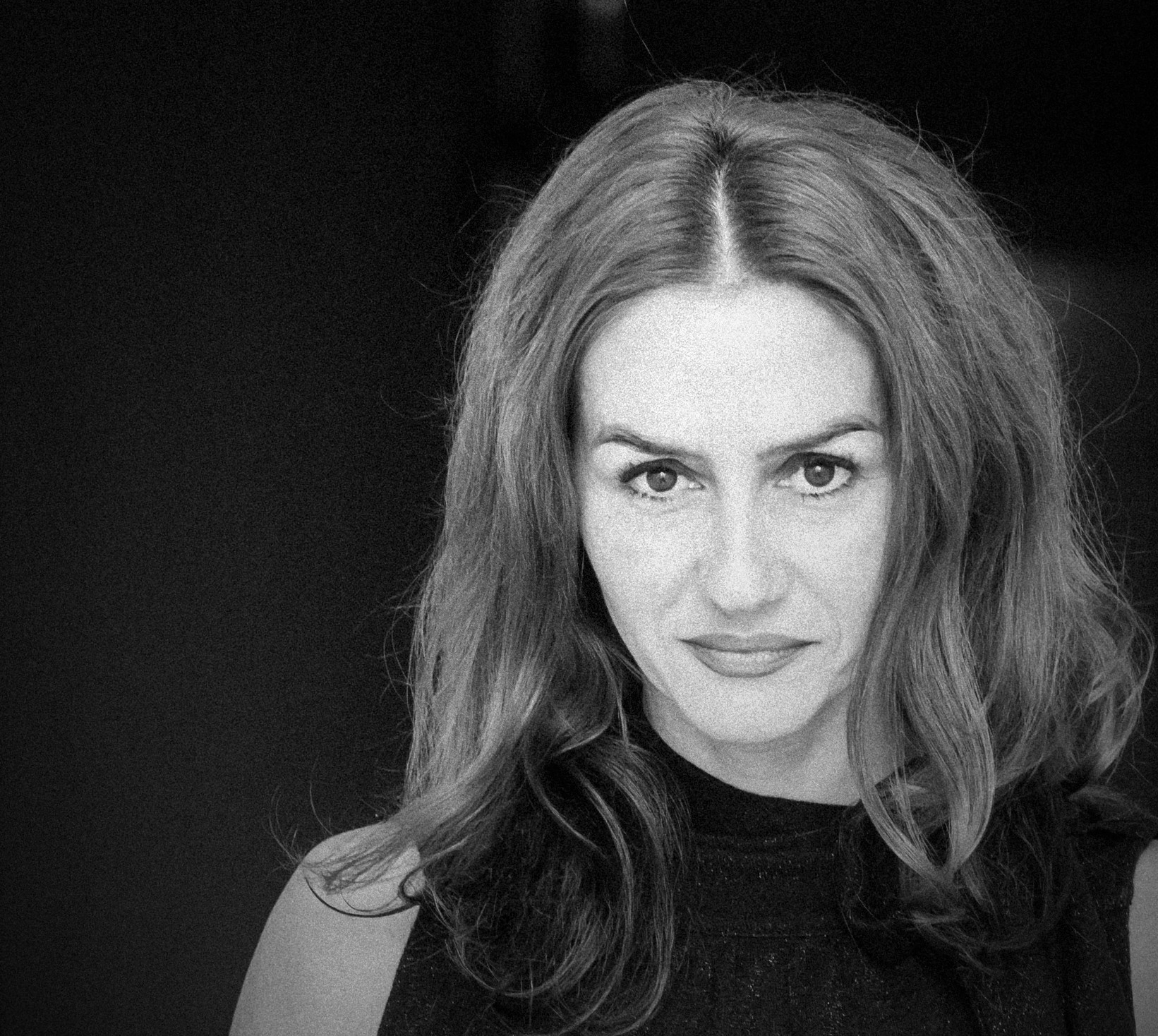
Isabel Nogueira
Isabel Nogueira (b. 1974) holds a PhD in Fine Arts, specialization in Art Sciences (University of Lisbon) and a post-doctorate in History and Theory of Contemporary Art and Image Theory (Université Paris 1-Panthéon Sorbonne). She is a contemporary art historian and critic, teacher and essayist. She is a professor at the National Society of Fine Arts, integrated researcher at CIEBA / Faculty of Fine Arts / University of Lisbon, member of the International Association of Art Critics (AICA). She is an art critic for the magazine Contemporânea and a contributor to the magazine Recherches en Esthétique. She is editor/Diretor of the academic journal Arte e Cultura Visual (CIEBA / Faculty of Fine Arts / University of Lisbon). Recent books: Theories of art: from modernism to the present (BookBuilders, 2019, 2nd ed. 2020); Zona de Rebentação (BookBuilders, 2020); How can ‘this’ be art? Brief essay on art criticism and judgment of taste (Húmus, 2020); History of art in Portugal: from Marcelismo to the end of the 20th century (BookBuilders, 2021); Art Criticism or the Space Between the Work and the World: Chosen Criticism (Húmus, 2021); Histoire de l’art au Portugal, 1968-2000 (Éditions de l’Harmattan, 2022).

Cristiana Tejo
Cristiana Tejo co-run NowHere, an experimental initiative for research and practices in Contemporary Art in Lisbon, and curator of the residency programs at Hangar – Center for Artistic Research. She is a researcher at the Institute of Art History at Universidade Nova de Lisboa. She co-curated the exhibitions É bonita a festa, pá! at the Bienal de Cerveira (2024) and Flecha – Mercedes Lachmann at the International Museum of Contemporary Sculpture in Santo Tirso (2023). She was part of the curatorial team for the Panorama da Arte Brasileira 2022 at the Museum of Modern Art of São Paulo. She curated the exhibition João Câmara: Nota Nova – Ecos de 1967 at Galeria Marco Zero in Recife (2022). She also curated R-humor – Catarina Simão at Galeria Avenida da Índia (2020) and co-curated La Piedra Pregunta, la Tierra Responde at Casa do Brasil in Madrid. Previously, she was the coordinator of public programs (2009-2011) and curator of visual arts (2002-2006) at Fundação Joaquim Nabuco in Recife. She served as the Director of the Aloísio Magalhães Museum of Modern Art (2007-2009), Curator of Rumos Artes Visuais at Itaú Cultural (2005-2006), Curator at Torre Malakoff (2003-2006), and Curator of the 46th Pernambuco Visual Arts Salon (2004-2005). She also curated the Special Room for Paulo Bruscky at the 10th Havana Biennial. She is the author of Paulo Bruscky – Arte em todos os sentidos (2009) and co-organized the Visual Artist’s Guide – Insertion and Internationalization, published by the Brazilian Ministry of Culture in partnership with UNESCO (2018).